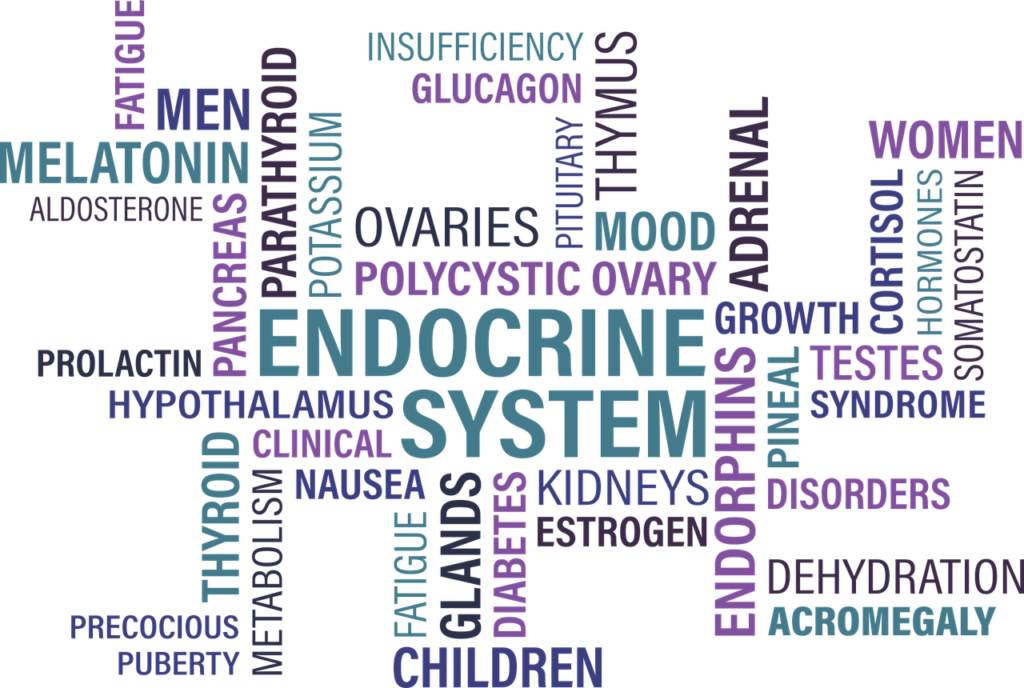Hypogonadism is the inability of the testes (testicles) to produce testosterone or sperm or both. Testosterone is a hormone that plays an important part in the development and maintenance of typical male masculine characteristics. In adult males, testosterone maintains muscle mass and strength, fat distribution and bone mass as well. Testosterone determines sex drive and potency but several factors such as stress, relationship problems and medications (diuretics, narcotic pain medicines, anti-depressants and others) can cause impotence as well.
Diagnosis:
If Hypogonadism is suspected, your doctor will order additional blood tests. Blood testing should be done early in the day. The most common test is blood total testosterone level. However, this test may be inaccurate in older or overweight patients. The “Free testosterone” test is more accurate as it measures the ACTIVE TESTOSTERONE LEVEL (the biologically active testosterone) and is not “artificially lower” in obese or overweight patients.
CAUSES:
Once the diagnosis is established, additional tests are needed to determine the cause of low testosterone levels. Low testosterone levels can occur because of problems with testicles or problems with the pituitary gland. The pituitary gland (attached to the brain) controls testosterone production by the testicles and pituitary diseases (such as a benign tumors) may cause low testosterone levels. Frequently sleep apnea (common in overweight patients who snore heavily) interrupts pituitary function, and causes low testosterone levels. Your doctor may order an MRI of the brain/pituitary or a sleep study to ascertain the cause of low testosterone levels. Finally, normal ageing may cause low testosterone levels in some men.
TREATMENT:
Doctors use testosterone hormone replacement therapy to improve symptoms of hypogonadism and to prevent its complications such as osteoporosis (bone fragility), abdominal obesity, fatigue and anaemia (low red blood cells). Because impotence may be related to other co-existing medical conditions (diabetes, hypertension, and smoking) or a side effect of medications, the erectile function may not be restored to normal in all cases.
Testosterone may be given as patches (ANDRODERM), gels (ANDROGEL or TESTIM), injections (DEPO-TESTOSTERONE) or buccal preparation (STRIANT). Testosterone tablets are not safe (except Jatenzo) and should not be used. Testosterone injections can be given every 2 weeks and are relatively cheap. However, they produce wide fluctuation in blood testosterone levels and therefore cause “high” and “low” feelings. They may cause more complications, if not carefully monitored. Testosterone gels, patches and buccal preparation provide blood testosterone levels that are more close to normal, but they are expensive. Table 1 summarizes the common testosterone preparations and their salient features:
Table 1: Common testosterone preparations in the USA:
| Advantages | Disadvantages | Common dose | Side effects | |
| Injections: Testosterone cypionate testosterone enanthate | -Cheap -Usually effective | -Painful -Risks associated with deep injections -↑ Side effects (BP, Polycythemia, Cardiac & blood clot -↑ peaks and troughs | 200 mg (1cc) every 2 weeks 100 mg (0.5 cc) every week | ↑ BP ↑ RBC ↑ Prostate size Edema ? Cardiovascular risk |
| Gels: Testosterone 1.6% Testosterone 1% | -Not very expensive -moderately effective | -Risk of exposure to children and spouses -↑ Side effects (BP, Polycythemia, Cardiac & blood clot | 50 mg (usually 2-4 pumps) every morning (on the shoulders, thighs or the armpits -depending on preparation) | ↑ BP ↑ RBC ↑ Prostate size Edema Lower risk! |
| Patches: Androderm | -Cheap -Mild to moderately effective | -Frequent rash/skin irritation -↑ Side effects (BP, Polycythemia, Cardiac & blood clot | 2 or 4 mg/day | ↑ BP ↑ RBC ↑ Prostate size Edema Lower risk |
| Nasal testosterone: Natesto | -Expensive -Usually effective | -Lower risk of above -Lower risk of testicular atrophy -Less likely to affect sperm production. | 33 mg/day (1 pump in each nare 3 times a day) | Lower risk of above side effects Nasal irritation |
| Oral testosterone: Jatenzo | -Expensive -Usually effective | -Lower risk of polycythemia -Blood pressure risk | 1 cap twice a day (usually 237 mg) | ↑ BP ↑ Prostate size Edema |
| Testosterone injection SQ: Xysoted | -Expensive -Effective | -↑ Side effects (BP, Polycythemia, Cardiac & blood clot | 75-100mg SQ every week | ↑ BP ↑ RBC ↑ Prostate size Edema |
SIDE EFFECTS:
Potential side effects of testosterone treatment include prostate enlargement, urine retention, and poloycythemia (too many red blood cells, and therefore thicker blood consistency which may predispose to strokes and heart attacks), swelling and worsening sleep apnea (snoring). Your doctor will assess for these side effects by using clinical parameters and blood tests. Testosterone level (while you are using testosterone replacement), red blood cell count and PSA (blood test for prostate cancer) should be done periodically. Although testosterone replacement does not cause prostate cancer, it can accelerate the growth of pre-existing prostate cancer and can aggravate benign prostate enlargement.
FURTHER READING:
Post Disclaimer
We are not your healthcare provider, and your use of this website does not establish a patient-client relationship. All the information contained on this website is for informational purposes only. No material on this site is intended to be a substitute for professional medical advice (diagnosis, treatment, testing or nutritional information). Always seek the advice of your physician or qualified healthcare provider with any questions you may have regarding medical or health-related conditions or treatment. Your healthcare provider knows your condition or situation well and can give you specific advice which would be appropriate for your condition/situation. Your healthcare provider can also guide you more accurately about injection techniques, dietary interventions and the use of medical technology that is most pertinent and suitable for you. Please do not disregard professional medical advice or delay in seeking it because of something you may have read on this website.

